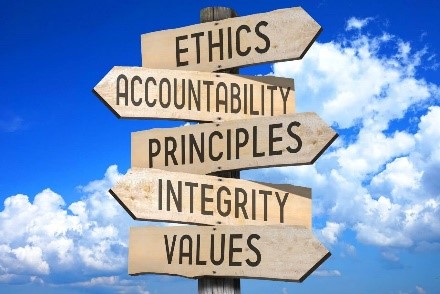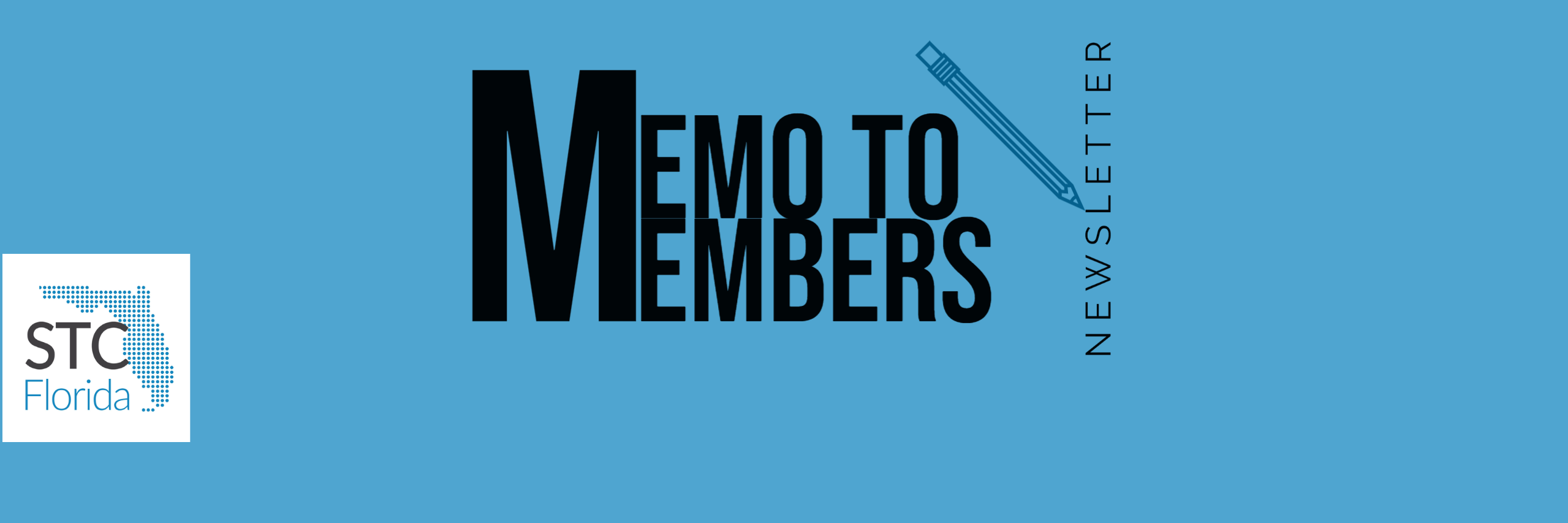By Joana Donovan
June 27, 2022

The purpose of technical writing is the ability to communicate essential information to the public. Effective content conveys instructions on how something works, research on a particular topic, or website marketing to showcase a company’s values and initiatives to attract potential clients. Depending on the medium chosen, tech writers must present the truth. Unfortunately, unethical practices can portray firms in an environmentally and socially responsible light while being deceitful to the public. One practice involving unethical writing is called greenwashing.
Greenwashing
According to the Corporate Finance Institute, “Greenwashing is when the management team makes false, unsubstantiated, or outright misleading statements or claims about the sustainability of a product or a service, or even about business operations more broadly.”
Greenwashing is associated with ESG (Environmental, Social & Governance). Since the 1960s, ESG efforts opened the door to corporations promoting their business through sustainability initiatives to attract new partnerships. But unfortunately, a capitalistic market spoils genuine entrepreneurial achievements in favor of destroying the environment, mistreating employees, or making unsafe products to raise profits. Some corporate leaders choose this unfavorable practice claiming the market demands better performance or profits. This approach trickles down to the consumer (an investor) in pension plans and 401k who weighs performance when selecting stocks for their portfolio; investors do not invest in failing companies. A vicious cycle of unethical corporate behavior leads the charge to raise market ratings and gain favor with consumers by professing false ESG claims. Achieving a favorable ESG rating is difficult and takes years to establish. The disclosure of erroneous ESG efforts is not always intentional, but false claims damage all parties the same. Of the three ESG initiatives, dishonest environmental claims are the most conspicuous because they are the lowest hanging fruit. For example, an article on the Engineering Institute of Technology discusses a greenwashing case concerning car emissions. Volkswagen, a brand synonymous with low-emissions and eco-friendly vehicles, was the center of an environmental scandal. In 2012, three engineering graduates uncovered a deceptive claim in Volkswagen’s marketing of “clean diesel” engines. In addition, the engineers discovered a “defeat device” which cheated environmental lab testing and underreported emission findings. This scandal caused the car manufacturer $30 billion and was a disgrace to the brand. Other greenwashing practices include human rights, and labor rights. Popular companies like McDonald’s, Nestlé, Amazon, and Starbucks engage in greenwashing to achieve market dominance.
Ethics in Technical Communications
Illicit practices like greenwashing are a strong indicator of an ethos deficiency in the author, organization, and the project.
One of the most critical aspects of technical writing is ethics. Some common areas of unethical technical writing are found in unsupported research, omitting data or evidence, or incorrect visual communication (e.g., charts and graphs). The Society of Technical Communication outlines the ethical principles of technical communicators as:
- Legality
- Honesty
- Confidentiality
- Quality
- Fairness
- Professionalism
These values guide professional conduct and content conveyance, providing powerful credibility for writers and their employers. Unfortunately, however, unscrupulous undercurrents in the profession tend to color outside the ethical color lines. Unethical conduct thrusts a task or project into a complex situation, impacting the writers’ and organizations’ reputation and integrity.
How to Avoid Ethical Issues
Technical communicators have a fiduciary duty to present accurate and honest communications to themselves and the profession. Ethical deliberations challenge writers every day to make decisions between right and wrong. University degrees, continuing education, or webinars in technical communications offer information to new and established writers on the latest ethical practices, concepts, and trends.
To mitigate this writing challenge, technical communicators can review and adopt the Three Ethical Frameworks. This guideline helps authors preserve their integrity and elevate their ethical writing standards:
- Virtue Ethics: These decisions reveal values and character to build relationships and the virtues of integrity, honesty, empathy, and discipline.
- Consequentialist Theory: This utilitarian approach considers potential actions and their associated results. The executed choice provides positive results on a grand scale.
- Identify-Consider-Act-Reflect: Four-step process that aims to handle situations with daily variables:
- Identify: Review by asking questions.
- Consider: Assess a solution through different perspectives.
- Act: Follow through with a suitable choice.
- Reflect: Assess the situation and the outcome for positive and negative elements.
Conclusion
Building a solid ethical foundation is vital to the success of all technical writers. Audiences rely on truthful and substantiated information to build trust with a product, process, author, or organization. In addition, ethical decision-making allows communicators to evaluate and choose the appropriate medium, information, and narrative consistent with the project and technical writing principles.
Ethical deliberation is the key to a successful career and an authentic representation of technical communications and organizations.


Kudos to Joanna for a thoroughly researched, informative, engaging article well grounded in ethical theory as it pertains to technical communication and with high relevance to the environmental crisis that threatens our planet planet.